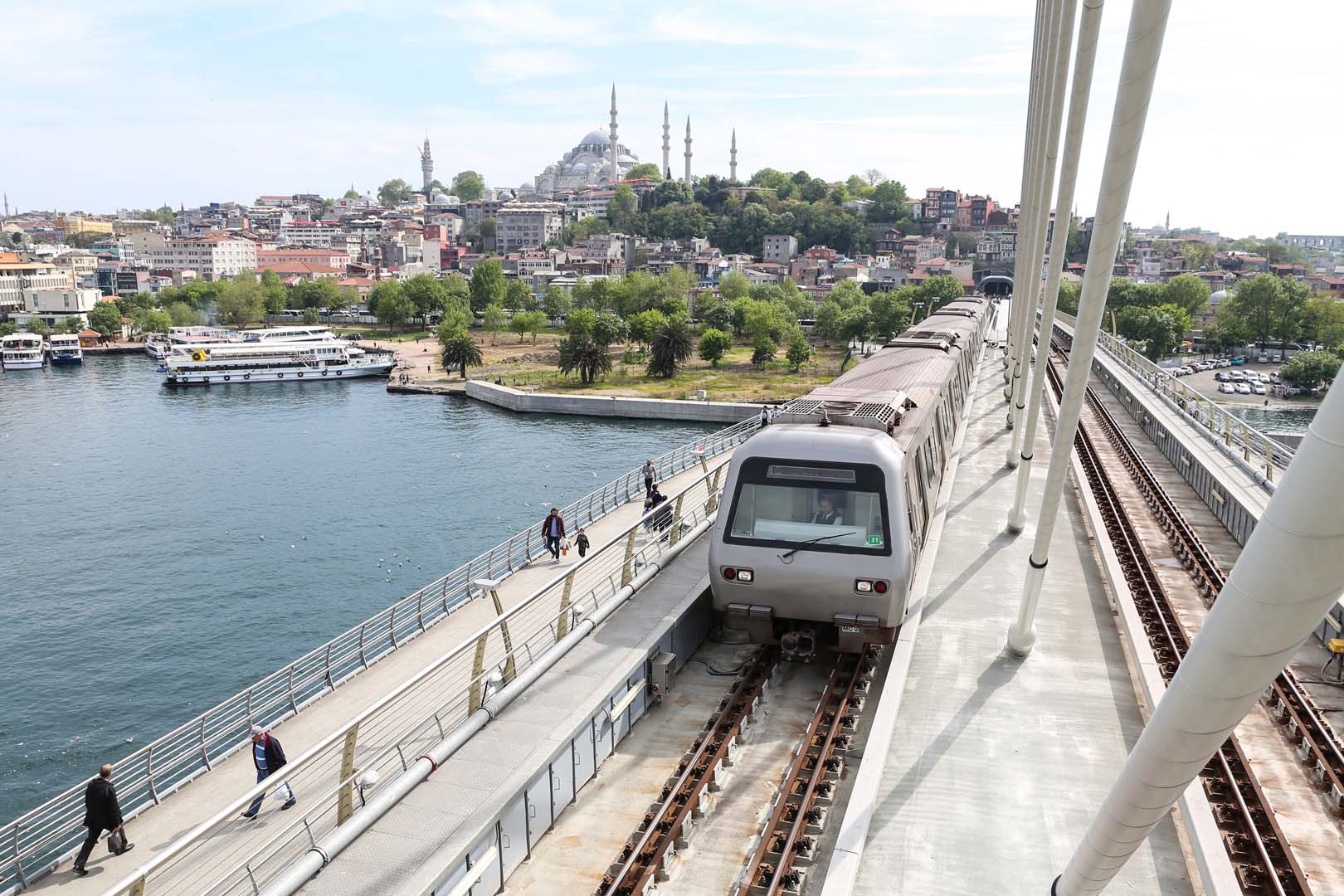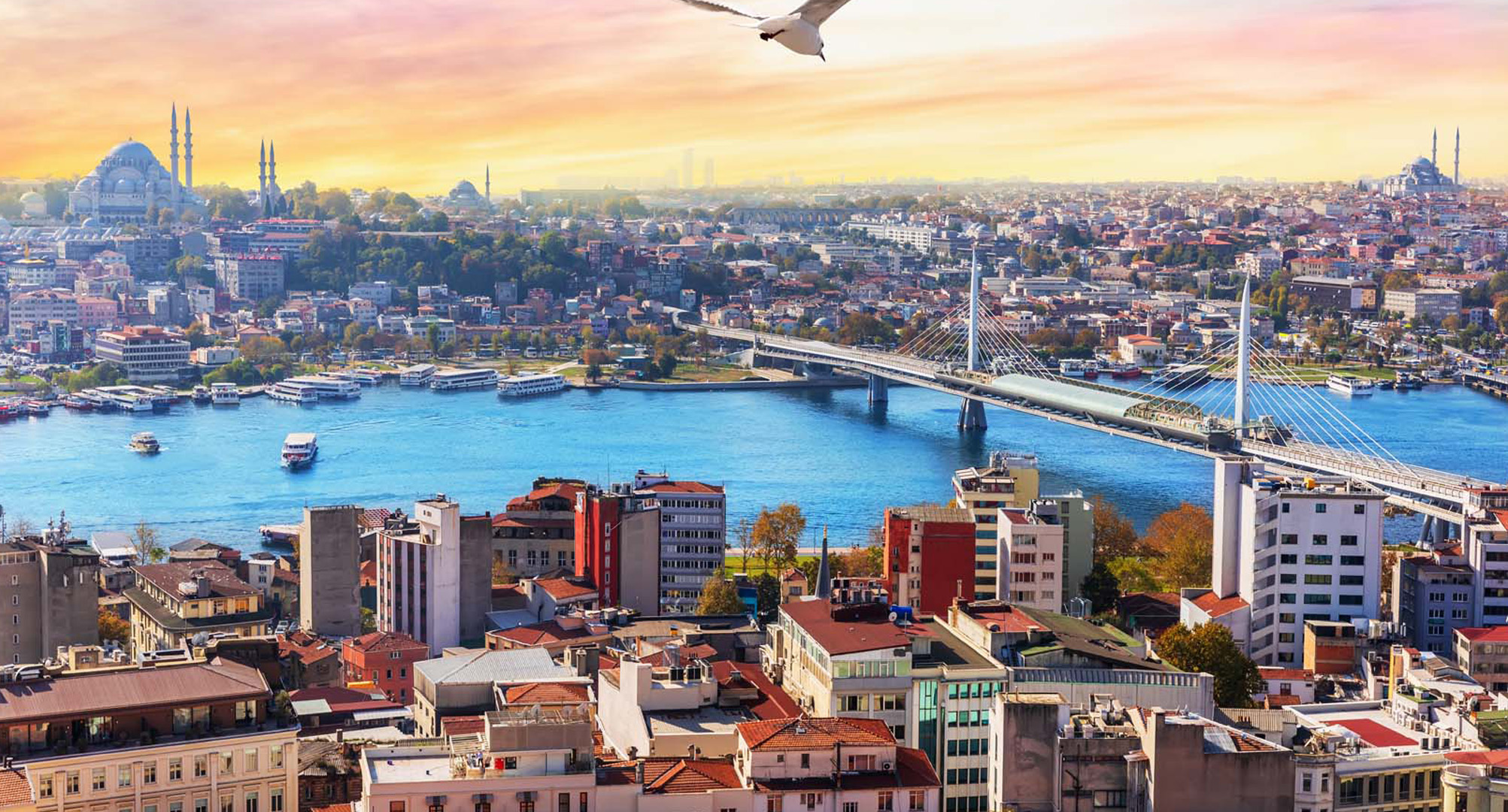Last Updated on 11/03/2023
Istanbul has recently seen a rise in interest in infrastructure projects. The public sector has planned and carried out large-scale projects, permitted the private sector to take part in the process of developing and expanding infrastructure, and boosted interest in planning and carrying out projects to extract the internal wealth of the nation. Therefore, the city has been welcoming several mega infrastructure projects continuously. Last Monday, IBB announced the inauguration of a new metro line in Istanbul
The inauguration of a new metro line in Istanbul

Officials from the Istanbul Metropolitan Municipality attended the Monday opening of a section of the new metro line, connecting the neighborhoods of Kabataş and Mahmutbey in Istanbul with a total of 19 stations (IBB).
Medidiyeköy-Fulya-Yıldız 2 Km metro line in Istanbul
The officially opened section was Mecidiyeköy-Fulya-Yldz, a 2-kilometer (1.24-mile) route that begins in Mecidiyeköy and ends after two stops. In fact, Istanbul Mayor Ekrem Imamoglu attended the opening ceremony and declared that the IBB welcomed the new year by launching the Mecidiyeköy-Fulya-Yldz metro line, the Baltaliman biological wastewater treatment plant, and the Dudullu-Bostancı metro line in Istanbul, which became accessible to the public on January 6. Moreover, the IBB reported that the three services’ combined investment cost came to TL 20 billion ($1.07 billion).
The Kabataş-Mahmutbey metro line in Istanbul

The Kabataş-Mahmutbey line is 24.5 kilometers long in total. Besides, 70,000 passengers can travel on the 19-station route in one trip. Furthermore, Beyoğlu, Beşiktaş, Şişli, Kağıthane, Eyüpsultan, Gaziosmanpaşa, Esenler, and Bağcılar are among the neighborhoods that the road will pass through.
The Kabataş-Taksim-Funicular route and the Kabataş-Baclar tram route will both incorporate the Kabataş Station. The aforementioned line will also be connected with the Yenikap-Mecidiyeköy route. The Otogar-Baclar-Kirazl-Basakşehir-Olympic Metro route from Mahmutbey Station will be the final integration.
Infrastructure in Istanbul

Turkish authorities have been spending huge amounts on infrastructure projects involving the country’s water and sewage systems, public transportation, and cleaner-tech heating systems.
The Greater Istanbul Municipality invested in several metro infrastructure projects, some of which connect the Asian and European sides of the city. Turkey’s rapidly growing urban districts are a sign that the country’s quality of life is improving thanks to the strong infrastructure. In fact, Istanbul’s infrastructure initiatives stand out as trailblazing initiatives that have achieved highly advanced positions in developed nations.
Because they are comprehensive, contemporary, and structured to keep up with the demands of the present day, these projects have actually elevated Turkey to the status of one of the most significant investment-friendly nations in history.
In addition to the rest of the projects related to the sectors of education, transportation, roads, parks, communication networks, water and sewage networks, and other significant projects for the country’s development and economic growth, Istanbul is home to one of the largest airports in the world, one of the longest suspension bridges, as well as one of the largest medical cities in Europe.
For more news and ınformation about Istanbul and Turkey, we recommend you to browse our different articles and stay tuned to discover our new articles daily. Moreover, if you are interested in investing in Turkey in any sector, our consultants can provide you with a complete personalized advisory upon request. You can simply get a risk-free consultation or learn more about our different services.



